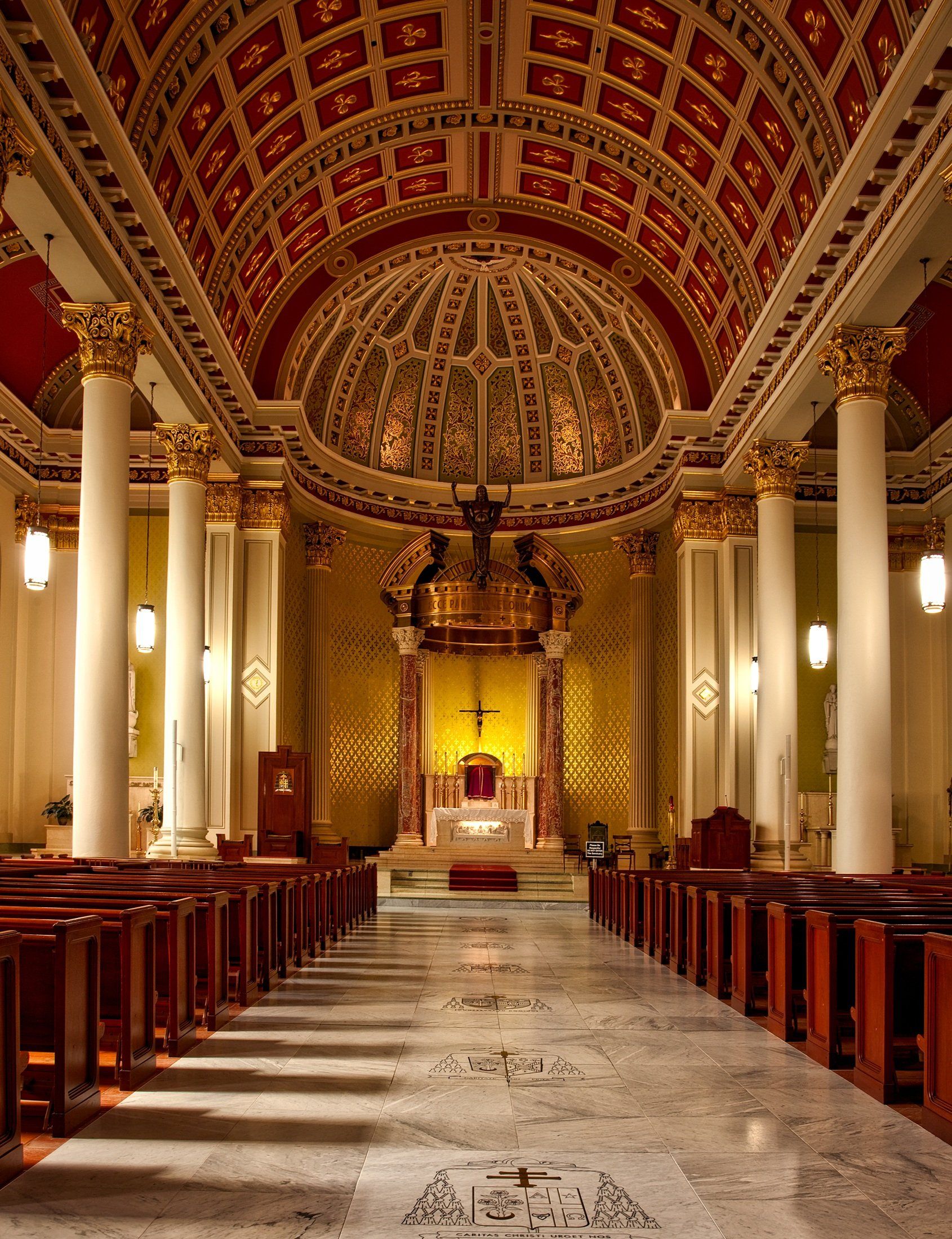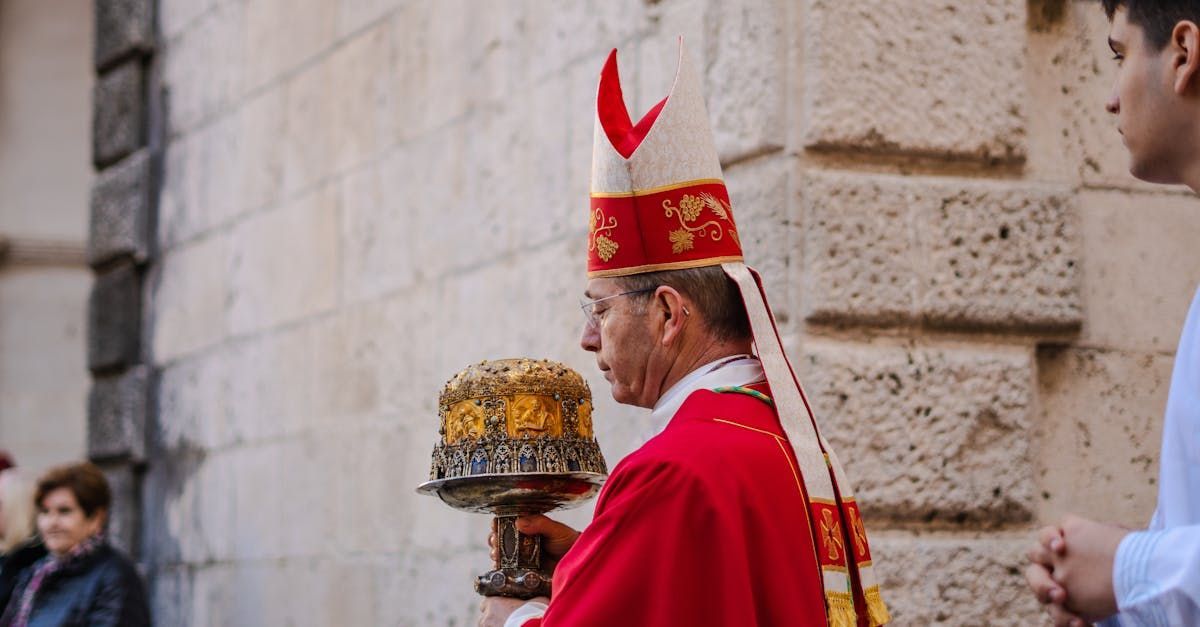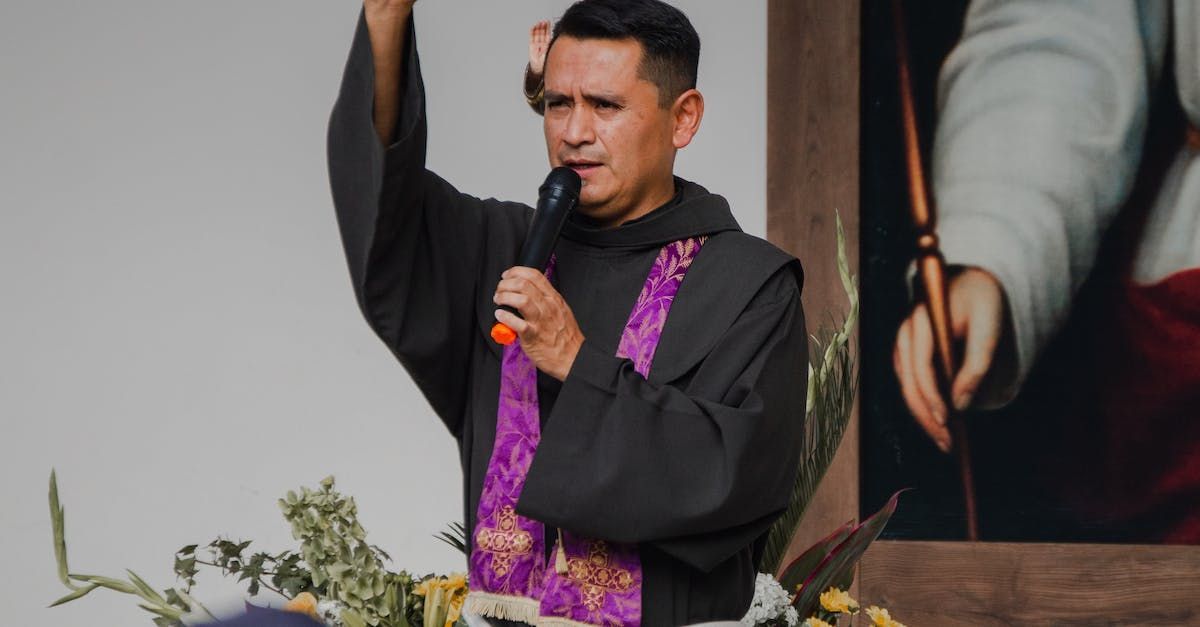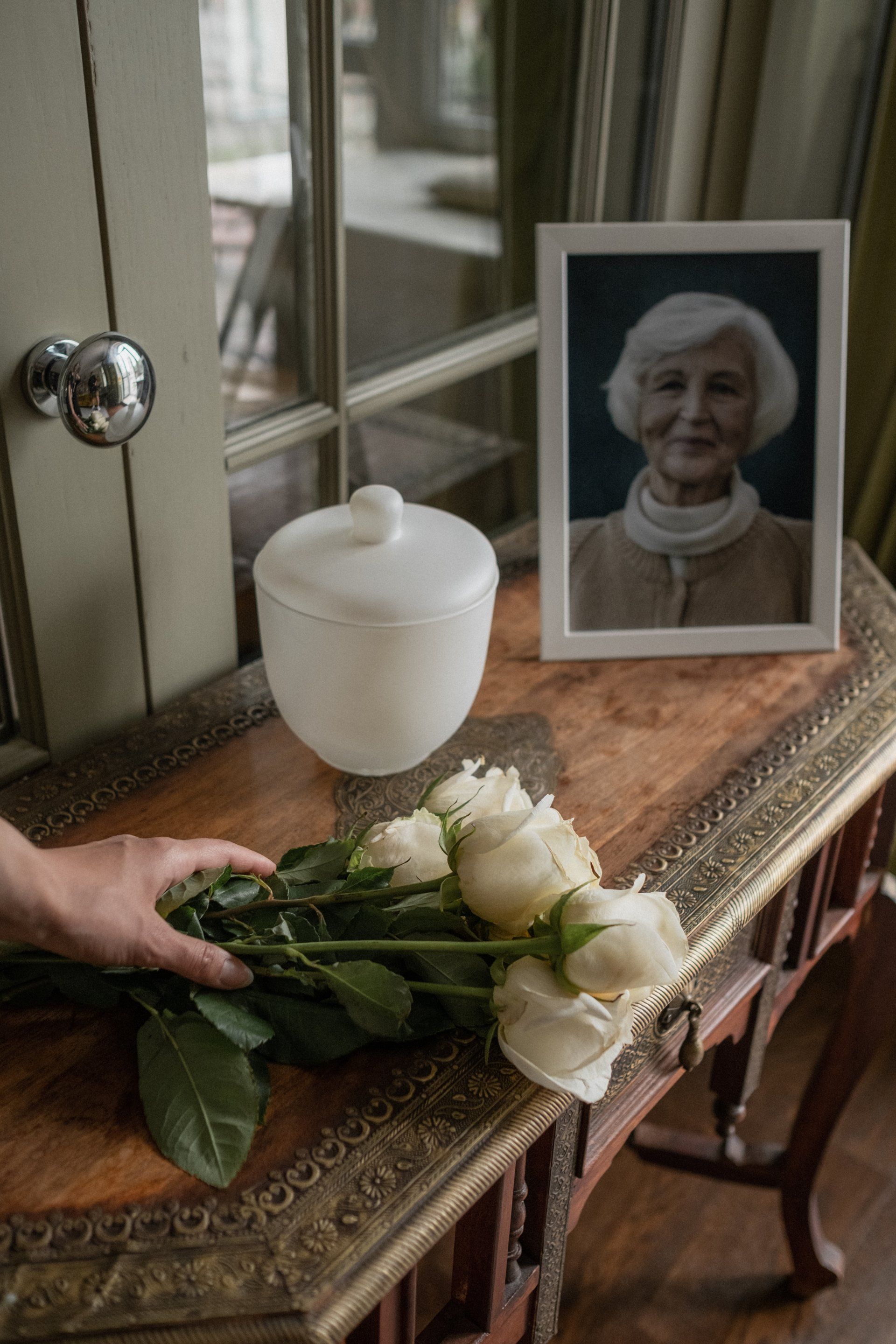Busquemos la estrella
(Además de las Escrituras, el contenido citado a continuación se recopila de varios sermones y discursos de nuestro difunto Papa Benedicto XVI.)
El viaje que hacemos
Nuestro Evangelio de hoy dice: “Y he aquí, la estrella que habían visto en su salida los precedía, hasta que llegó y se detuvo sobre el lugar donde estaba el niño”.
Los Reyes Magos, hombres de prominencia, saber y sabiduría, comenzaron todos por emprender un viaje. “Los Reyes Magos partieron por un profundo deseo que los impulsó a dejarlo todo y emprender una aventura. Era como si siempre hubieran estado esperando esa estrella. Era como si el viaje siempre hubiera sido parte de su destino y finalmente estuviera a punto de comenzar”.
“Como los Reyes Magos, todos los creyentes, y en particular los jóvenes, han sido llamados a emprender el camino de la vida en busca de la verdad, la justicia y el amor”. “Debemos buscar esta estrella, debemos seguirla. La meta última del camino sólo puede encontrarse a través de un encuentro con Cristo, un encuentro que no puede tener lugar sin la fe”.
La respuesta que encontramos
Nuestro Evangelio continúa: “Al entrar en la casa, vieron al niño con María su madre, y se postraron y lo adoraron”.
Una vez que lleguemos a la cúspide de nuestro viaje, debemos detenernos y pasar tiempo con el Señor. “Para encontrar al Salvador hay que entrar en la casa, que es la Iglesia”.
Esta no es una historia lejana que tuvo lugar hace mucho tiempo. Está con nosotros ahora. Aquí en el [tabernáculo] está presente ante nosotros y en medio de nosotros. Como entonces, ahora está velado misteriosamente en un silencio sagrado; como en ese tiempo, es aquí donde se revela el verdadero rostro de Dios”.
“Los Reyes Magos de Oriente son solo los primeros de una larga procesión de hombres y mujeres que han tratado constantemente de mirar el rostro de Dios en sus vidas, yendo en busca del Dios que se ha acercado a nosotros y nos muestra el camino”.
El viaje interior de los Reyes Magos
“Exteriormente, el viaje de los Magos ya había terminado. Habían alcanzado su objetivo. Pero en este punto comenzó para ellos un nuevo camino, un peregrinaje interior que cambió toda su vida. Su imagen mental del rey infante que esperaban encontrar debe haber sido muy diferente.
“El nuevo Rey, a quien ahora rendían homenaje, era bastante diferente a lo que esperaban. De esta manera tuvieron que aprender que Dios no es como solemos imaginar que es”.
El don de la adoración
Nuestro Evangelio describe lo que hicieron después de postrarse: “Entonces abrieron sus tesoros y le ofrecieron presentes de oro, incienso y mirra”.
“Estos tres reyes y gobernantes habían venido para ponerse al servicio de este Rey, para modelar su propia realeza sobre la suya”. “Incluidos en esto estaban sus regalos: oro, incienso y mirra, regalos ofrecidos a un Rey considerado divino. Su adoración tiene un contenido y se trata de dar. A través de este acto de adoración, estos hombres de Oriente querían reconocer al niño como su Rey y poner a su disposición su propio poder y potencial, y en esto ciertamente estaban en el camino correcto”. Nosotros también debemos no sólo mirarlo, sino adorarlo y entregarnos a nosotros mismos.
Una lección de poder
Nuestro Evangelio también habla del malvado rey Herodes, quien dice: “Id y buscad con diligencia al niño. Cuando lo hayas encontrado, avísame, para que yo también pueda ir a rendirle homenaje."
“Los Reyes Magos sabían que para cambiar el mundo es necesario tener poder. Por lo tanto, era poco probable que buscaran al niño prometido en otro lugar que no fuera el palacio del Rey. Sin embargo, ahora se inclinaban ante el hijo de gente sencilla y común, y pronto se dieron cuenta de que Herodes, el rey al que habían consultado, tenía la intención de usar su poder para tenderle una trampa, obligando a la familia a huir al exilio. ”
“Ahora pudieron ver en el pequeño bebé que el poder de Dios no es como el de los poderosos de este mundo. Los caminos de Dios no son como los imaginamos o como desearíamos que fueran. Dios no entra en competencia con los poderes terrenales en este mundo. … Él contrasta el poder ruidoso y ostentoso de este mundo con el poder indefenso del amor, que sucumbe a la muerte en la Cruz y muere siempre de nuevo a lo largo de la historia; sin embargo, es este mismo amor el que constituye la nueva intervención divina que se opone a la injusticia y anuncia el Reino de Dios”.
Rumbo a casa
Nuestro Evangelio termina con esta línea: “Y advertidos en sueños que no volvieran a Herodes, se fueron a su tierra por otro camino.
“En su viaje de regreso a casa, los Reyes Magos seguramente tuvieron que lidiar con peligros, cansancio, desorientación, dudas. ¡La estrella ya no estaba allí para guiarlos! La luz estaba ahora dentro de ellos. Su tarea era custodiarla y alimentarla en la memoria constante de Cristo, de su Santo Rostro, de su Amor inefable”. Nosotros también, mis hermanos y hermanas, tenemos la luz de la presencia de Dios en medio de nosotros y también en nuestros corazones para ser guardados y alimentados. Que nunca perdamos su presencia confiando en nuestra propia fuerza y poder.
“Que Jesús, rostro del Señor misericordioso para cada persona, siga iluminando nuestro camino, como la estrella que guió a los Reyes Magos, y nos llene de su alegría”.
Pastor's Ponderings












